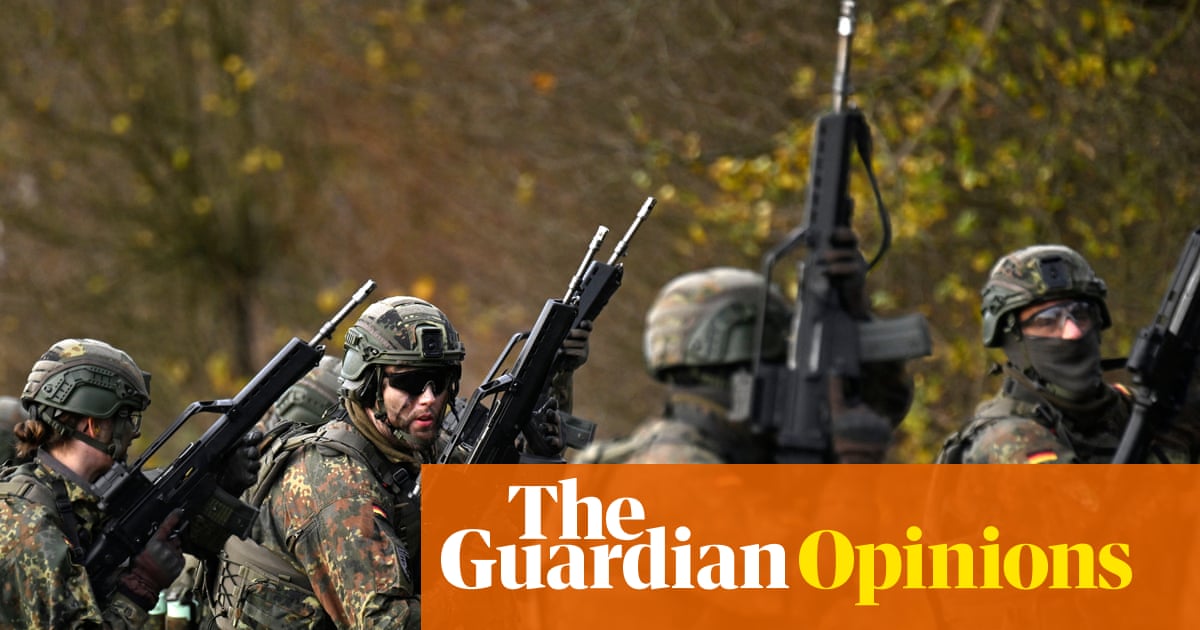
"When I was growing up, the most German sentence imaginable was: We've lost two world wars and we're proud of it. We were so anti-military, we even gave our policemen green uniforms, to make them look more like foresters than soldiers. Now, the chancellor, Friedrich Merz, wants our army to become the strongest in Europe. I mean, what could go wrong?"
"After we lost the second world war or, as we prefer to say, after we were liberated by the allies we swore never again: never again to war, and never again to Auschwitz. Admittedly, Germany rearmed in 1955, but just as citizens in uniform, not as soldiers following orders. Mind you, that didn't mean that you could say no to an order; it just meant that we had conscription for most young men until 2011."
Postwar Germany cultivated strong anti-military sentiment and national vows of 'never again' to war and Auschwitz. Police were dressed like foresters and conscription persisted until 2011, reflecting civic rather than traditional military identities. Reunification prompted legal changes in 1994 permitting Bundeswehr deployments beyond national borders. Public unease persisted, often downplayed by portraying missions as humanitarian work like digging wells. In 1999 a decisive shift occurred when policymakers justified overseas intervention by invoking prevention of atrocities, marking acceptance of military action as compatible with the country's moral commitments. Current leadership now seeks to build a significantly stronger German army.
Read at www.theguardian.com
Unable to calculate read time
Collection
[
|
...
]